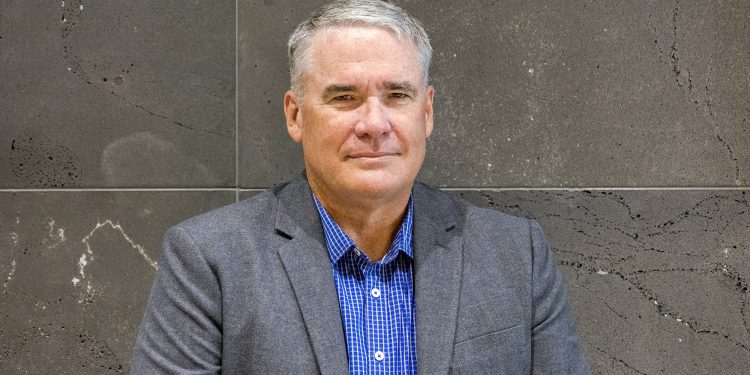A high-profile Australian doctor has slammed proposals to expand pharmacists’ roles, claiming it will lead to “regulatory incompetence on a grand scale.”
Dr Evan Ackermann, chair of the Royal Australian College of General Practitioners’ national standing committee on quality, warned of potential health consequences as part of the debate about pharmacist prescribing.
In an article in Medical Observer, Dr Ackermann wrote that there was a lack of evidence to support pharmacist prescribing and compared the concept to a “Pandora’s Box.”
“The term ‘pharmacist prescribing’ is a clinical oxymoron, one I imagine many of us would never have expected to hear, let alone experience, when we entered medicine,” he wrote.
“Why raise the issue at all? The pharmacist scope of practice is being rapidly automated and, with financial changes in the pharmacy sector, community pharmacists are looking at role expansion in order to stay relevant.”
Dr Ackermann argued that the risk-to-benefit equation of pharmacist prescribing “looks very bleak” and “would amount to regulatory incompetence on a grand scale.”
The acting head of the The Pharmacy Guild of Australia hit back at Dr Ackermann’s comments, labelling his argument as “abhorrent,” and saying he had presented a “distorted and biased view to support … a somewhat spurious argument.”
“He only looks at the one model of pharmacist prescribing and quite conveniently ignores the fact that there are other models including those which include close collaboration with GPs,” acting national president Anthony Tassone said.
“Dr Ackermann can’t resist the temptation to attack pharmacy and is a case in point of the barriers to closer collaboration between pharmacists and doctors.
“His selective narrative also very neatly avoids any mention of the fact that patients are finding it increasingly difficult to get into to see their GPs, often having to wait days before they can get an appointment.
“I have no doubt many of Dr Ackermann’s colleagues would welcome working with pharmacists – the most accessible of all health professionals – to ensure patients get timely and appropriate care.”











